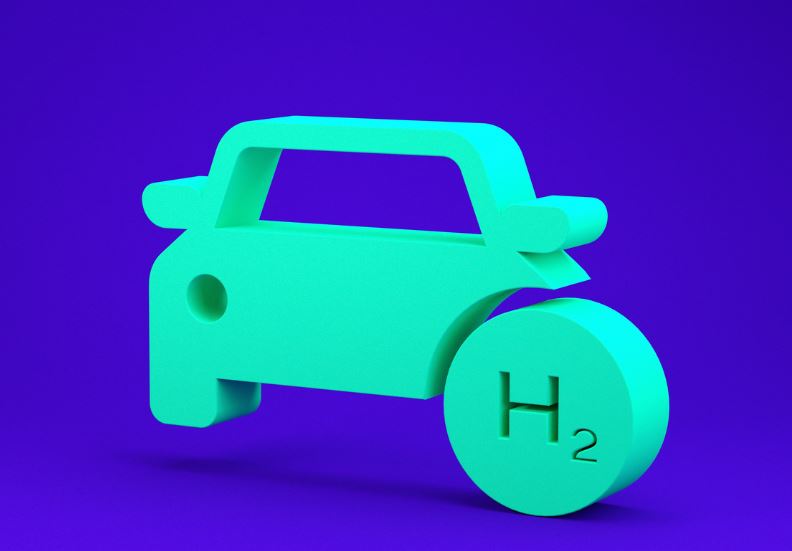Hydrogen fuel cell vehicles are often championed as the environmentally friendly future of transportation.
Despite this promise, the technology has faced significant barriers to widespread adoption, with only two models currently available in the U.S. market. The Hyundai Nexo and Toyota Mirai are pioneering the way for fuel cell vehicles, offering impressive performance and emission-free driving experiences.
The core technology behind these vehicles lies in the fuel cell, which converts stored hydrogen and oxygen into electricity to power the electric motor. The Toyota Mirai, for instance, boasts 182 horsepower and 300 pound-feet of torque, with a range of 402 miles on a full hydrogen tank. The Hyundai Nexo, on the other hand, delivers 161 horsepower and 291 pound-feet of torque, with a range between 354-380 miles depending on the trim level. Refueling these vehicles is quick and easy, taking only a few minutes at a hydrogen station, with the only byproduct being harmless water droplets.
Despite their performance and eco-friendly credentials, sales of fuel cell vehicles remain limited. Toyota and Hyundai sold modest numbers of Mirais and Nexos in the previous year, mainly due to the scarcity of hydrogen filling stations, predominantly concentrated in California. Nonetheless, residents of the Golden State can take advantage of substantial incentives offered by manufacturers to make these vehicles more accessible.
Hyundai provides a significant discount of $35,000 on the Nexo, starting at just over $60,000, coupled with 0% financing for up to five years. Similarly, Toyota offers a generous $22,000-$30,000 discount on the Mirai models, along with complimentary hydrogen fill-ups worth $15,000 over six years. These deals, combined with California’s Clean Vehicle Rebate Project, can result in substantial savings for interested buyers.
However, the cost of refueling a hydrogen fuel cell vehicle without subsidies can be relatively higher compared to charging an electric vehicle at home. Recent price hikes by hydrogen retailers, such as True Zero in California, have raised concerns about the cost per mile to run these vehicles. Despite this drawback, the current incentives and discounts make fuel cell cars an attractive option for those looking to embrace the future of automotive technology.
